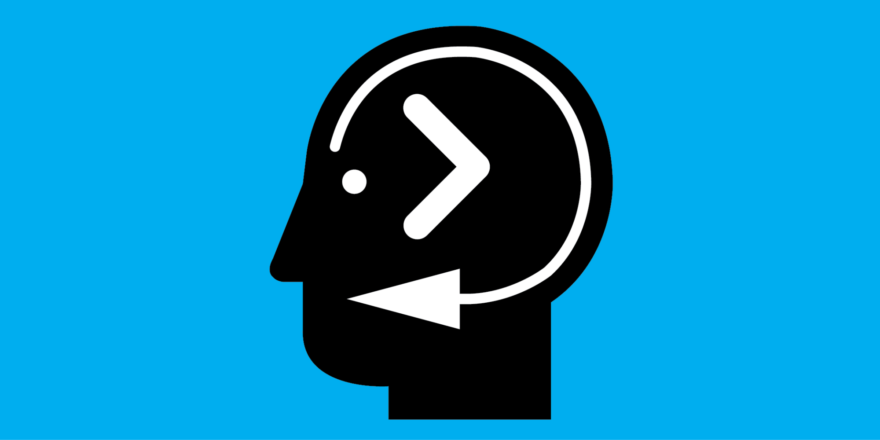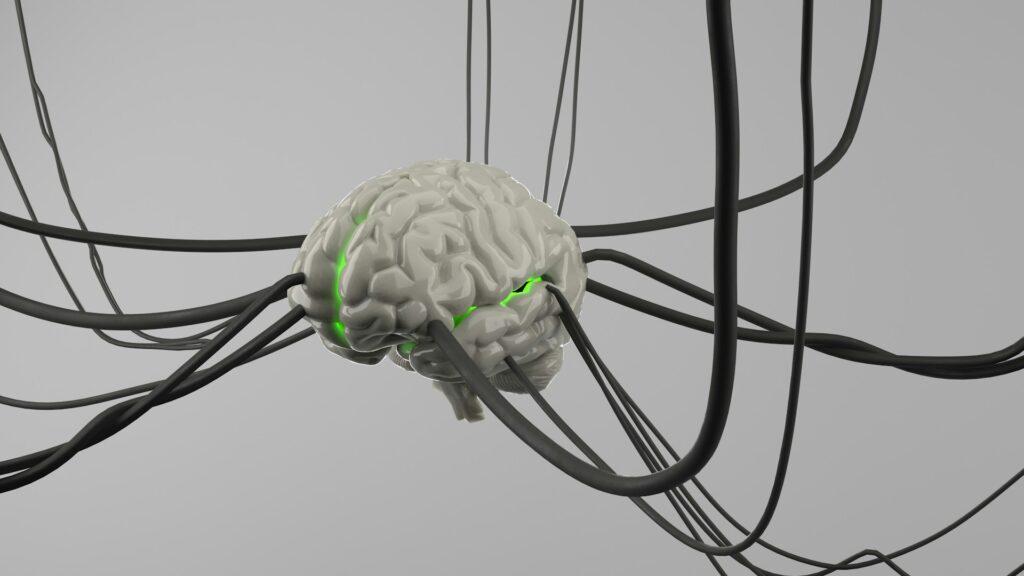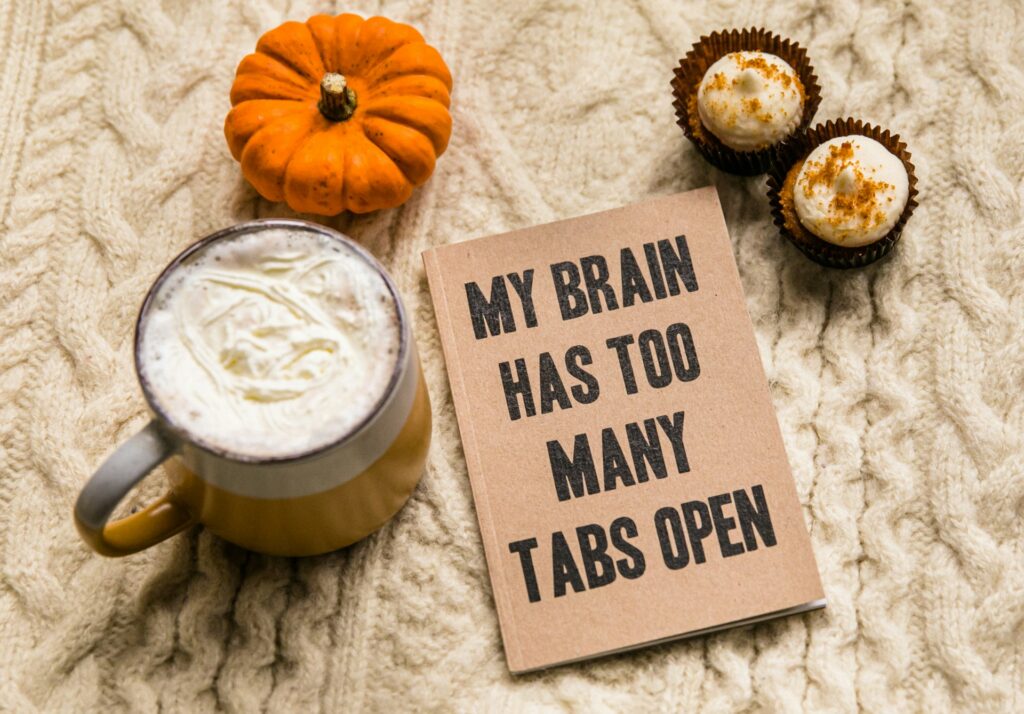Do you feel like your brain is a sponge? You spend hours soaking up info from books, lectures, or meetings, but when you try to recall it later, only a little bit comes out. And you’re left thinking, “Where did it all go?”
It’s frustrating, right? We blame it on having a “bad memory,” like it’s something we’re stuck with.
But what if the sponge metaphor isn’t the best way to think about it? Cognitive science has something important to say: A strong memory isn’t built by simply taking information in. It’s about actively pulling that info out when you need it.
If you can’t recall what you’ve learned, then you haven’t really learned it yet.
Forget the sponge! Think of your brain as a muscle that needs regular exercise to get stronger.
Contents
Retrieval Practice: The Secret to a Stronger Memory

The best way to boost your memory? It’s called retrieval practice, or sometimes “active recall.” Basically, it’s the act of pulling information from your brain without looking at your notes. Every time you do this, you’re strengthening the memory’s neural pathway, making it easier to access next time.
Think of it like walking through a forest. The first time is tough and slow, but each time you take the same path, it gets clearer and faster.
On the flip side, many common study habits actually work against you. Rereading texts, highlighting, or passively reviewing notes can feel like you’re making progress, but they create something called the “illusion of competence.”
Just because the information looks familiar doesn’t mean you truly know it. Retrieval practice, however, gives you real feedback on what you’ve actually retained.
A major study published in Psychological Science in the Public Interest looked at ten different learning techniques and rated them for their effectiveness. Guess what? Retrieval practice earned a top rating for its ability to work across different ages, subjects, and situations.
The science is clear: quizzing yourself is one of the best ways to improve your memory.
Effective Strategies (Active Retrieval)
Ineffective Strategies (Passive Review)
Practice Quizzes / Self-Testing
Rereading notes or textbooks
Using Flashcards (with active recall)
Highlighting or underlining text
Explaining concepts out loud
Simply listening to a lecture again
Summarizing a topic from memory
Reviewing a pre-made study guide
The Surprising Benefits of Quizzing Yourself

Quizzing yourself isn’t just a way to memorize facts. It’s a game-changer for how your brain processes and stores information. The best part is that it brings a ton of cognitive benefits that can help improve your memory over time.
- It Shows You What You Don’t Know.
You don’t really know what you’ve missed until you try to recall it. Self-testing is like a diagnostic tool for your brain. It helps pinpoint the areas where you’re shaky, giving you insight into what to focus on next. This process boosts your metacognition, your ability to judge what you actually know and what needs more work.
- It Organizes and Connects Your Knowledge.
Reading is often a passive activity. Testing, however, forces your brain to work. To answer a question, you must search your memory and reassemble scattered pieces of information into a coherent whole. This helps you connect ideas and turn isolated facts into a cohesive mental model.
- It Makes Your Knowledge More Usable.
Ever learned something but struggled to apply it when the time came? Retrieval practice helps fix that. By repeatedly pulling information out of memory, you make that knowledge more flexible and applicable to new situations. It’s like learning how to use a tool, not just knowing it exists.
- It Preps Your Brain for Future Learning.
This one’s a bit counterintuitive. Research shows that taking a test before you study actually helps you learn better later. It’s called the “pre-testing effect.” When you test yourself on something you haven’t studied yet, you prime your brain to actively search for answers when you do study. This makes the learning process more focused and effective.
Your Toolkit: Practical Ways to Improve Your Memory Today

Understanding the science is great, but putting it into action is where the magic happens. The good news? You don’t need fancy gadgets or tools to get started. Here are three simple, research-backed techniques you can use right now to boost your memory.
The Feynman Technique: Teach It to Learn It
Nobel Prize-winning physicist Richard Feynman had a brilliant rule for testing if you truly understood something. If you can’t explain it in simple terms to a child, you don’t really get it.
The Feynman Technique takes this idea and turns it into a powerful method for mastering any subject. Here’s how you can use it:
Choose a Concept: Pick a topic you want to dive deep into. Write its name at the top of a blank page.
Teach It to a Child: Now, explain the concept as if you’re teaching it to someone with no prior knowledge, like a 5-year-old. Use simple words, skip the jargon, and bring in analogies or examples.
Identify Your Gaps: As you explain, notice where you struggle. Where did you have to use complicated terms? These are your knowledge gaps.
Go Back and Simplify: Go back to your materials to fill in what you missed. Then, refine your explanation until it’s clear, simple, and spot on.
Supercharge Your Flashcards: The Leitner System
Flashcards are a great tool for improving memory, but most people don’t use them to their full potential.
The Leitner System is a simple but powerful way to boost the effectiveness of your flashcards by combining them with spaced repetition, the idea that you should review difficult concepts more often than easy ones. Here’s how it works:
Get Three to Five Boxes: Label them Box 1, Box 2, Box 3, and so on. All your new flashcards go into Box 1.
Quiz Yourself Daily from Box 1: Go through the cards in Box 1 every day. If you get a card right, it “levels up” to Box 2. If you get it wrong, it stays in Box 1.
Quiz Less Frequently from Other Boxes: As the cards move to higher boxes, you review them less often. For example, you might review Box 2 every 3 days, Box 3 once a week, and so on. If you get a card right, it moves to the next box. If you get it wrong, it goes back to Box 1.
This method automatically focuses on the concepts you struggle with the most, making your study sessions more efficient and helping you retain information faster.
Also Read: Becoming Smart Is Easy, Actually: The Brain’s Shortcut to Insight That No One Taught You in School
Low-Effort Habits for a Better Memory

If formal memory techniques feel like too much, don’t worry. Simple habits can still work wonders for your memory. Here are a few easy, low-effort tricks you can try every day:
The Two-Thing Rule: After a meeting or reading a chapter, take a moment to pause and force yourself to recall two key takeaways without checking your notes. This simple habit strengthens your ability to remember what’s important.
The Brain Dump: Grab a blank sheet of paper and set a timer for three minutes. Write down everything you can remember about a specific topic. No editing, just let it flow. This quick exercise helps boost your recall and clear your mind.
The Daily Summary: Before heading to bed, take 60 seconds to mentally review the most important thing you learned that day. It reinforces the information and ensures it sticks in your long-term memory.
Also see: The Strange Case of the Teen Who Can Mentally Time Travel (Relive the Past and See the Future)
The Golden Rule: Keep the Stakes Low

Here’s the key to making all of this work: keep the stakes low. We often feel anxious about testing because we think it’s all about judgment and failure. But self-testing is not about getting a grade; it’s about learning.
Think of an athlete. They practice every day in a low-pressure environment. They try new moves, mess up, get feedback, and keep trying. They don’t expect to be perfect during practice; that’s reserved for the big game. When it comes to memory, you need those daily practice sessions, not just the “game-time” moments.
So, when you get something wrong during self-testing, don’t stress. The struggle and the correction help your brain create a stronger memory. Ironically, you often remember the mistakes better than the things you get right.
This process only works when you feel safe to mess up. If you’re too stressed out, your brain releases cortisol (the stress hormone), which can block your memory centers. By keeping the pressure low, you let your brain focus on actually learning, not on worrying about perfection.
Start Building a More Reliable Memory
Forgetting is just part of being human. The real challenge isn’t studying harder, it’s studying smarter.
The best way to boost your memory is to make active retrieval a key part of your learning routine. Instead of just rereading or highlighting, start quizzing yourself, teaching what you’ve learned, and actively recalling information. Memory is a skill you can improve with consistent, focused practice.
As you start using these techniques, you’ll notice how much more effectively you’re learning. That success becomes a positive cycle. You’ll feel good about the progress you’re making, which motivates you to keep going.
And before you know it, you’ll be learning more and, better yet, wanting to learn more.